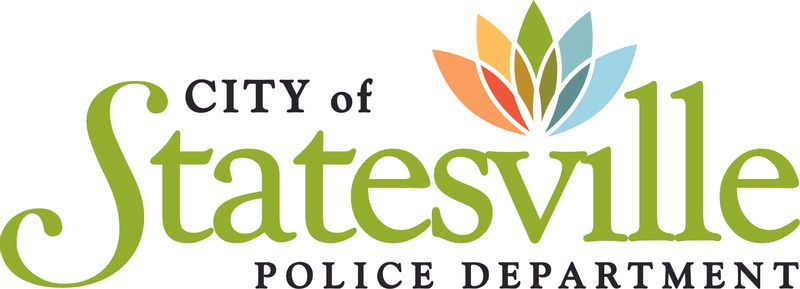Protect Yourself: How to Spot and Stop Phone Scams
Every year, people lose substantial amounts of money — sometimes their life savings — to phone scams. Scammers use a variety of tactics to trick you into handing over your money or personal information. While some might sound friendly and helpful, others resort to fear and intimidation. But no matter their strategy, their goal is the same: to take what’s yours. Here’s how you can recognize and protect yourself from phone scams from the Federal Trade Commission.
How To Recognize a Phone Scam
Phone scams may take different forms, but they often have a few things in common. Understanding these red flags can help you avoid falling victim.
- There is no prize! If a caller claims you’ve won a lottery or prize but asks you to pay to receive it, it’s not a prize. Legitimate prizes don’t come with strings attached.
- You won’t be arrested! Scammers may pose as law enforcement or government agents, threatening arrest, fines, or deportation if you don’t pay immediately. Don’t fall for it — real agencies don’t operate this way.
- You don’t need to decide now! Legitimate businesses won’t pressure you into making a decision on the spot. Scammers, however, will try to rush you.
- Only scammers demand certain payment methods! If someone insists on payment via wire transfer, gift cards, cryptocurrency, or payment apps, they’re likely a scammer. These methods make it nearly impossible to recover your money.
- Government agencies won’t call for sensitive information! No legitimate government agency will call you unexpectedly to ask for your Social Security number or other personal information.
- You shouldn’t be getting those calls! Sales calls from companies you don’t have a relationship with are illegal if you’re on the National Do Not Call Registry. If someone is already breaking the law by calling you, it’s likely a scam.
Common Phone Scams to Watch Out For
Here are some common types of phone scams that you should be aware of:
- Impersonator Scams: The scammer pretends to be someone you trust, such as a family member, government official, or business representative.
- Debt Relief and Credit Repair Scams: Offers to lower your interest rates or forgive loans for an upfront fee are fraudulent.
- Business and Investment Scams: Promises of guaranteed profits or business opportunities are usually too good to be true.
- Charity Scams: Fake charities may ask for donations, often for disaster relief or support for veterans.
- Extended Car Warranties: These callers often push overpriced or fake service contracts.
- “Free” Trials: Hidden terms in “free trials” can lead to unexpected charges.
- Loan Scams: Legitimate lenders don’t guarantee loans in exchange for an upfront fee.
- Prize and Lottery Scams: If you’re asked to pay fees to claim a prize, it’s a scam.
- Travel and Timeshare Scams: Promises of low-cost vacations or resale opportunities for your timeshare often turn out to be fraudulent.
How To Stop Calls From Scammers
Here are some practical steps to reduce unwanted calls and protect yourself:
- Hang up - If you suspect a scam or receive an illegal robocall, hang up immediately. Don’t press any buttons to speak to an operator or be removed from the call list — this could result in more calls.
- Use call-blocking technology - Many phone carriers offer call-blocking or call-labeling services. Additionally, there are apps available that can help block unwanted calls.
- Don’t trust caller ID - Scammers use “spoofing” to make fake numbers and names appear on your caller ID. Even if it looks legitimate, it could be a scam.
Protect Yourself and Stay Informed
By recognizing the tactics scammers use and taking steps to block unwanted calls, you can significantly reduce your risk of falling victim to phone scams. Remember: If something seems too good to be true, it probably is. Always be cautious and take your time when responding to unexpected calls. For more information and resources, visit the Federal Trade Commission’s website.

Statesville Police Department
330 S. Tradd Street
Statesville, NC 28677
704-878-3406
police.statesvillenc.net
